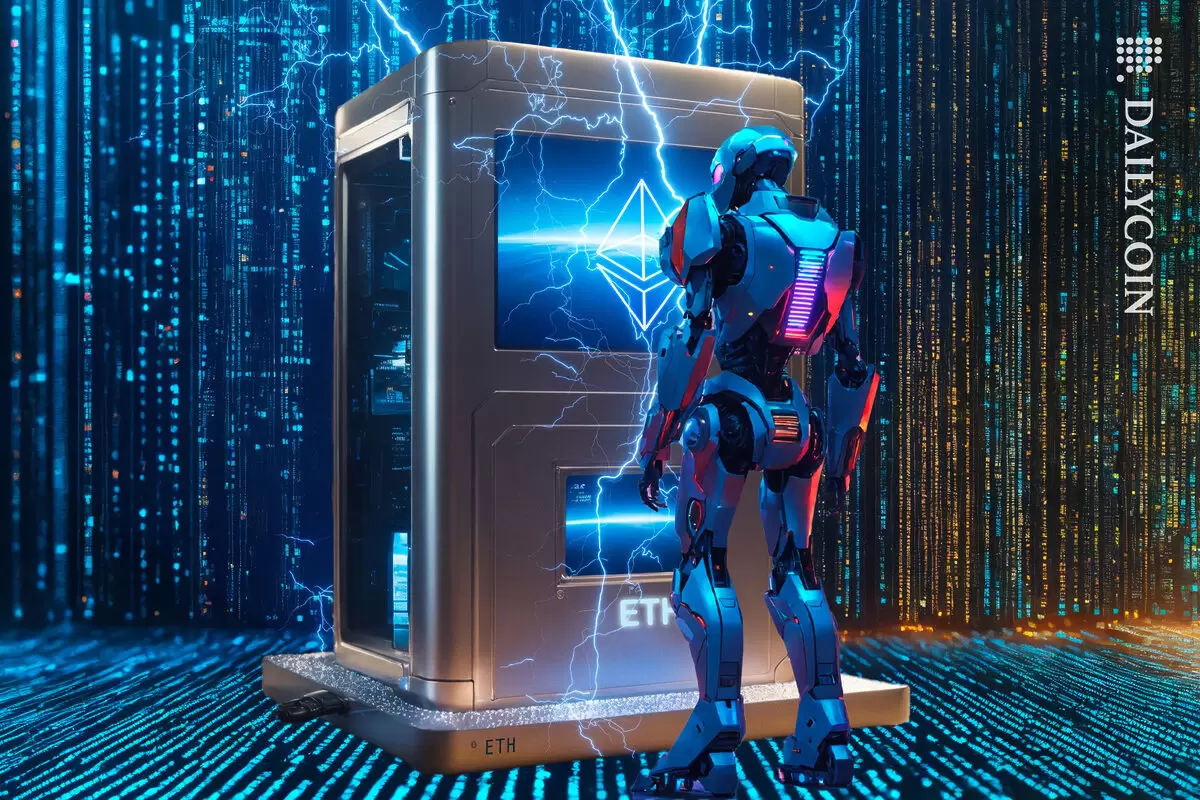As the Ethereum Dencun upgrade’s mainnet launch date approaches, preparations are intensifying. In the most recent development, developers are urging node operators to promptly upgrade their clients to facilitate a seamless transition for the upgrade. This proactive approach underscores the importance of readiness in ensuring the successful execution of the upgrade process.
Final Ethereum Dencun Preparations Begin
On Thursday, February 8, Ethereum developers revealed the eagerly anticipated Ethereum Dencun mainnet upgrade’s scheduled launch time: 13:55 UTC on March 13, 2024. While this upgrade won’t necessitate any adjustments from end users, it places a pivotal responsibility on node operators to ensure its successful implementation.
Ethereum nodes serve as the backbone of the network, comprising computers equipped with software capable of validating transaction data. These software components, known as clients, encompass both an execution layer and a consensus layer client, which are essential for a computer to function as an Ethereum node.
In a blog post dated Tuesday, February 27, the Ethereum Foundation issued a crucial call to action for node operators to upgrade their clients to the latest versions compatible with the Dencun upgrade.
The roster of updated clients recently unveiled includes crucial consensus layer clients like Prysm v5.0.0 and Teku v24.2.0, alongside pivotal execution layer clients such as Besu v24.1.2, Geth v1.13.13, and Nethermind v1.25.4.
Lessons drawn from the challenges encountered during the Goerli Dencun fork underscore the imperative of robust network participation for smooth upgrade finalization. Achieving this milestone, however, hinges on node operators diligently upgrading their clients to the most recent versions available.
A Multi-Layered Upgrade
Similar to the Shapella upgrade implemented in April 2023, the upcoming Dencun upgrade integrates modifications to both the consensus layer and the execution layer, identified by the code names Deneb and Cancun, respectively.
The highlight of this upgrade, eagerly awaited by the Ethereum community, is the implementation of EIP-4844, also known as proto-danksharding. This initiative represents a significant stride towards Ethereum’s overarching sharding vision. By introducing the concept of blobs, EIP-4844 aims to substantially mitigate transaction fees on Layer 2 chains, thereby enhancing scalability and efficiency within the Ethereum ecosystem.
Why This Matters
The impending Dencun upgrade holds the potential to address Ethereum’s persistent scaling hurdles, marking a significant step forward for the platform. The recent appeal for node operators to update their clients indicates that preparations are well underway in anticipation of the upgrade’s activation date. This proactive approach underscores the community’s commitment to ensuring a seamless transition and maximizing the benefits of the upgrade once it goes live.



